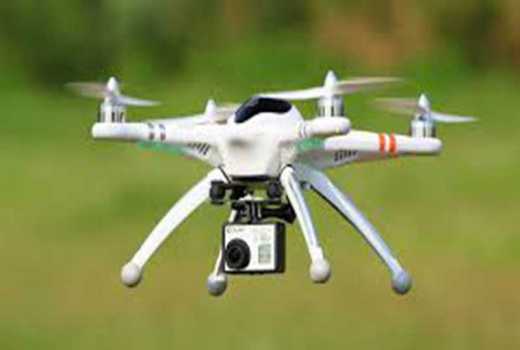×
The Standard e-Paper
Home To Bold Columnists

Farmers were last month treated to a rare invention in agriculture during the University of Nairobi’s innovation week.
Curious participants milled around a stand labelled ‘precision agriculture’ where aviation experts from Astral Aerial Solutions, a drone company, were explaining how drones work.






